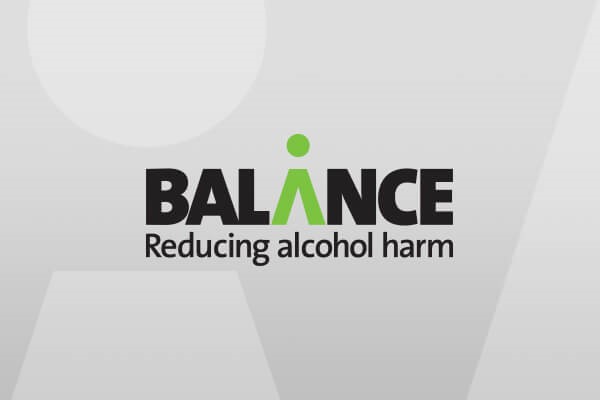North Easterners challenged to stay booze free for 31 days
Balance, the North East Alcohol Office, is challenging North Easterners to give up the drink for 31 days in support of Alcohol Concern’s Dry January campaign.
Now in its second year, Dry January challenges people to use the aftermath of December’s excesses as time to consider their alcohol intake and start the New Year with a healthier approach.
Last year, around two thirds of those who took part managed to complete a full 31 days off the drink, with many suggesting that participating had made them think differently about their alcohol consumption. Many of the participants didn’t miss drinking and around four fifths decided to cut down considerably on a long-term basis.
Accepting the challenge of Dry January means attempting to abstain from alcohol for the entire month; the trade-off is no hangovers, better sleeping patterns and more energy, better skin, an increased bank balance and possibly even a decreased waistline.
The campaign is being supported by Balance as well as health professionals and public bodies across the region who are championing vintage tea parties and other activities as an alternative to boozy nights out in January.
Colin Shevills, Director of Balance, said: “Many of us are guilty of overdoing it a bit in December so we’re asking people to think about how they plan to start the New Year now, before the temptations of Christmas drinking takes hold.
“New Year is the perfect time to take stock of our health, particularly how much alcohol we are drinking, and accepting the challenge posed by Dry January is a fantastic way to reconsider our usual attitudes towards alcohol.
“Drinking more than the recommended limits – on a daily or almost daily basis – can have some serious long term implications for our health, including mouth and breast cancer, heart disease and stroke. In the short term, drinking too much can cause anxiety, impotence or even death from alcohol poisoning.
“Taking a break from drinking or reducing your intake is good for your long term health – but there are also a range of immediate benefits such as feeling better in the mornings, having more energy during the day and possibly losing weight.”
Anyone wishing to take part in Dry January can find out more about the campaign at www.dryjanuary.org.uk where more information, advice relating to fundraising, hints, tips and testimonials from those who took part last year can be found.
Following Dry January’s Twitter page, @dryjanuary, will also help those taking on the challenge by offering valuable support, ideas and posts from other participants.
It is important to note that Dry January is not a medical detox programme and should not be attempted by people with an alcohol dependency problem – anyone considering reducing their alcohol intake in this situation should always seek medical advice first.
